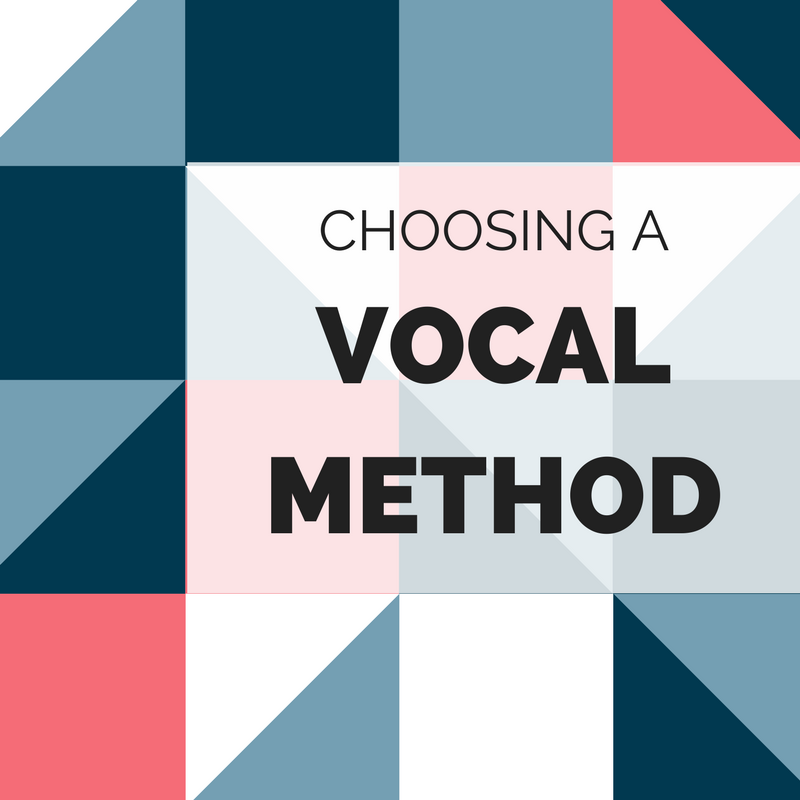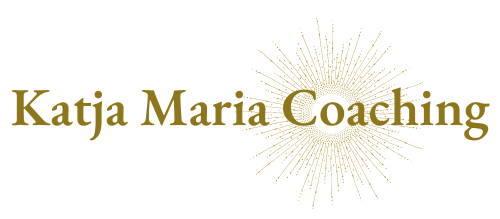A while back I gave two workshops for the singing students of the Jazz & Pop department at ArtEZ Conservatory. The workshop was an introduction to the techniques in CVT (Complete Vocal Technique). I gave a presentation about the philosophy behind CVT, an overview of the techniques, and worked with a couple of singers individually in a masterclass. I enjoyed working with the students a lot! They were eager to try out different sounds and techniques, and asked me a lot of good questions. The following question inspired me to write this blog post:
“What made you choose to study Complete Vocal Technique instead of some other vocal method?”

What a great question. Before I go ahead and answer, here is an important thing we talked about with the students yesterday:
Techniques and methods are not important, singing is!
Let’s not forget that singing technique is not a goal in itself. What is important in singing? Vocal performance is. Vocal performance is dependent on the message we deliver and the expression we use to deliver our message. Without a message and without expression, there is no vocal performance (at least no performance worth while listening to!). Tools that help us deliver our message include: interpretation, sound, rhythm, melody, and text. Vocal technique is merely a tool that helps us create the sound we want, to sing the melodies we want (or need) to sing with more ease, and so on. Vocal technique also exists to helps us keep healthy while doing this. Whenever we talk about vocal technique, it’s good to remember what its role is in the big picture.
So why all this need for vocal methods?
Why do I have to know about CVT of EVT or [singing method name here] in order to sing? I have news for you: you don’t have to!! If you want to sing, just go ahead and sing! You only need vocal technique if you are not able to sing the way you want to. Or if the way you sing brings you trouble and hoarseness and strain. Those are the only reasons you need technique. If you can produce all the sounds you want, reach all the notes you want, and you never get hoarse, you don’t have to study singing technique. You are DISMISSED!!
Different people, different approaches
Luckily there are (and have been) pedagogues and researchers who are passionate about the voice and want to find out how it works, in order to help singers solve problems that they encounter. This is a good thing. The reason there are different methods is that different researchers have been focusing on different aspects of the voice, and different pedagogues have had different philosophies about the voice and vocal pedagogy. And how great is that, because that way you can choose the approach that suits you and your personality the best. Every method also keeps developing, because research is ongoing and because teachers are all individuals that come from different backgrounds. This also means, not every teacher of a certain vocal method will be exactly the same.
Every singer and teacher has a path
After completing my Master of Music degree at the Sibelius-Academy in Helsinki, I had learned a lot about singing but still had lots of unanswered questions about the voice. This was not because my teachers were not good, but because you cannot learn everything about something during any study. I decided to go look for more answers and to keep learning. I found an approach that provided me with answers, helped me develop my own singing voice further, suited my personality and style of learning, with a pedagogy and philosophy that I liked. That approach happened to be Complete Vocal Technique, developed by Cathrine Sadolin. It is not called ‘Complete’ because of some ‘we know it all’-thought, by the way, but because it contains techniques for every style of singing and also for the speaking voice. I learned so much more than just technique in the 3-year CVT singer/teacher course at Complete Vocal Institute in Copenhagen. But CVT is just one part of the ‘package’ that creates the teacher-me.
Many sources, one unique mix
Yes, I am an Authorised CVT Teacher, but I am most of all a vocal pedagogue. I have other things in my ‘teaching backpack’ too, some belcanto, some Estill Voice Training, music teacher training, music education approaches like Orff-Schulwerk, Kodàly and Dalcroze eurhythmics, the various music styles I have studied, my own experience as a singer, musician and performing artist, things I have learned through creativity and career coaching, from personal development courses, body-work like Alexander technique, Feldenkrais, Pilates and yoga, working in theater, etc, etc… And I keep adding new knowledge and experience to this package by working in music, staying updated on vocal pedagogy and research, communicating with teachers of other methods, working with logopedists, ENT doctors, producers, choir directors, and countless singers. I keep staying updated in the developments of CVT, and because I love to keep learning I am following workshops and courses with inspiring teachers from other methods and approaches. I don’t really see being certified in a specific method as the only defining factor in how I teach singing. It’s just one of the things that crossed my own teaching path.
Choosing a vocal method
What method should you choose then? The answer is very simple: choose what works for you. Ask questions until you get answers that you are satisfied with, and find solutions to your vocal problems. If something doesn’t work for you move on and find something that does! If you feel you want to pick and mix from different methods, go ahead and do that. And don’t waste your energy on trying to figure out (or prove) why one method is better than the other one, focus your energy on more important things such as singing!
This goes for singing teachers too. Focus on helping singers, teaching, sharing your knowledge and building bridges. Spend less time criticizing, comparing, trying to prove who is right and who is wrong, who was there first and who wasn’t. That’s waste of energy. Focus on dialogue. Share your experiences with your colleagues, communicate with teachers of other methods than the one you teach. We don’t have to agree on every detail or all the terminology. The world would be a boring place if everyone would think the same way and speak the same language. What we can agree on is that we all just want what is best for the singer. Remember that every teacher has a path, and we all share a passion for the voice and a passion for teaching. Try and share those things, instead of focusing on method names and differences. Open doors instead of closing them because of fear of the unknown or fear of competition. There is room for all of us, and we can all learn so much from each other.


